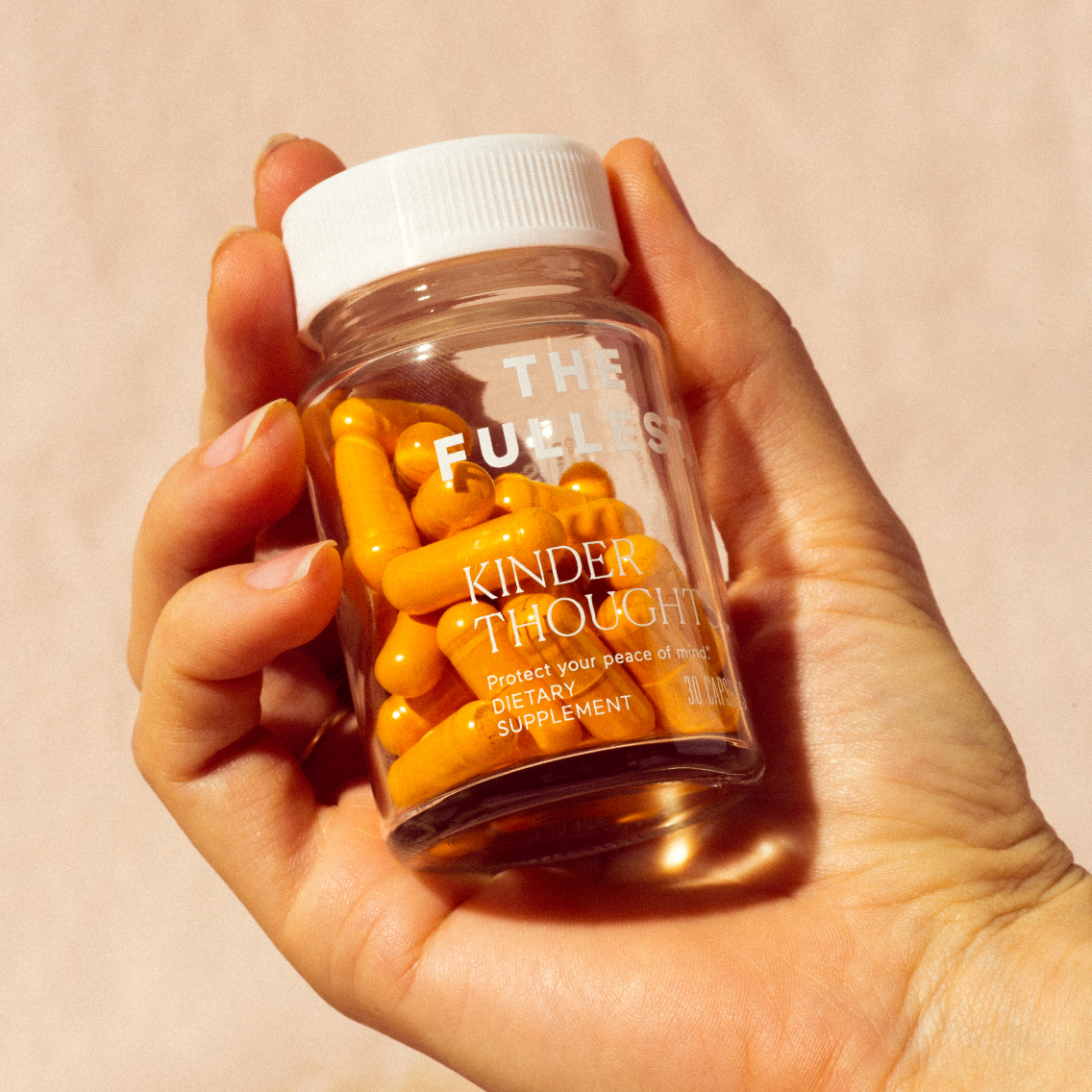Alzheimer's disease is a progressive neurodegenerative disorder characterized by cognitive decline, memory loss, and behavioral changes. As the global population ages, the prevalence of Alzheimer's is rising, necessitating urgent research into effective treatments. Among the myriad of natural substances being studied, saffron has garnered attention for its neuroprotective properties.
Traditionally used in various cultures for its mood-enhancing and anti-inflammatory properties, saffron has been increasingly recognized for its potential benefits in neurological health.
Several studies have explored the impact of saffron on cognitive function, particularly in relation to Alzheimer’s disease. Research indicates that saffron may help mitigate some of the key pathological features of Alzheimer’s disease, including:
Antioxidant Activity
Saffron’s high antioxidant content can combat oxidative stress, a significant factor in neurodegeneration. By reducing free radical damage, saffron may help protect neurons from degeneration.
Anti-Inflammatory Properties
Chronic inflammation in the brain is another contributor to the progression of Alzheimer’s. Saffron has been shown to have anti-inflammatory effects that could help reduce neuroinflammation.
Neurotransmitter Modulation
Saffron may influence levels of neurotransmitters such as acetylcholine, which plays a crucial role in memory and learning. Some studies suggest that saffron extracts can enhance cholinergic activity, potentially improving cognitive function.
Beta-Amyloid Reduction
Research has indicated that saffron may inhibit the aggregation of beta-amyloid plaques—protein deposits that are hallmark features of Alzheimer’s. By reducing plaque formation, saffron could help slow disease progression.
Clinical Studies
Several clinical trials have investigated saffron’s effects on patients with mild to moderate Alzheimer's disease. In a notable study, participants who received saffron supplements exhibited improvements in cognitive function and memory compared to those receiving a placebo.
These results support the notion that saffron may serve as a complementary treatment for managing Alzheimer’s symptoms.
Saffron Rx
Saffron's remarkable medicinal properties offer the promise of a brighter, healthier future. Most studies have utilized daily doses ranging from 30mg to 125mg of saffron extract. Whether you prefer our delightfulSaffron Latte or the convenience of ourSaffron Capsules, saffron serves as a valuable ally for those affected by Alzheimer’s Disease.
Explore ourSaffron Bundle, which includes a 30-serving bag of our nourishing saffron latte and a bottle of saffron capsules. We recommend incorporating both into your daily routine for optimal support. Plus, when you subscribe, enjoy 10% off and complimentary expedited shipping!
While research is still in its early stages, the existing evidence suggests that saffron could play a beneficial role in managing Alzheimer’s disease, particularly when combined with other therapeutic approaches. Further clinical trials are necessary to establish optimal dosages, long-term effects, and mechanisms of action. As we continue to explore natural solutions for Alzheimer’s, saffron offers a glimmer of hope for those affected by this challenging condition.
The information provided herein is intended for informational purposes only and should not be construed as medical advice. It is essential to consult with a qualified healthcare professional before making any decisions regarding the management of medications. Every individual's medical needs are unique, and a healthcare provider can offer personalized guidance based on a comprehensive assessment of your medical history and current health status. Additionally, any changes to medication regimens should be made under the supervision and guidance of a healthcare professional. These statements have not been evaluated by the Food and Drug Administration. These products are not intended to diagnose, treat, cure, or prevent any diseases.





Leave a comment (all fields required)